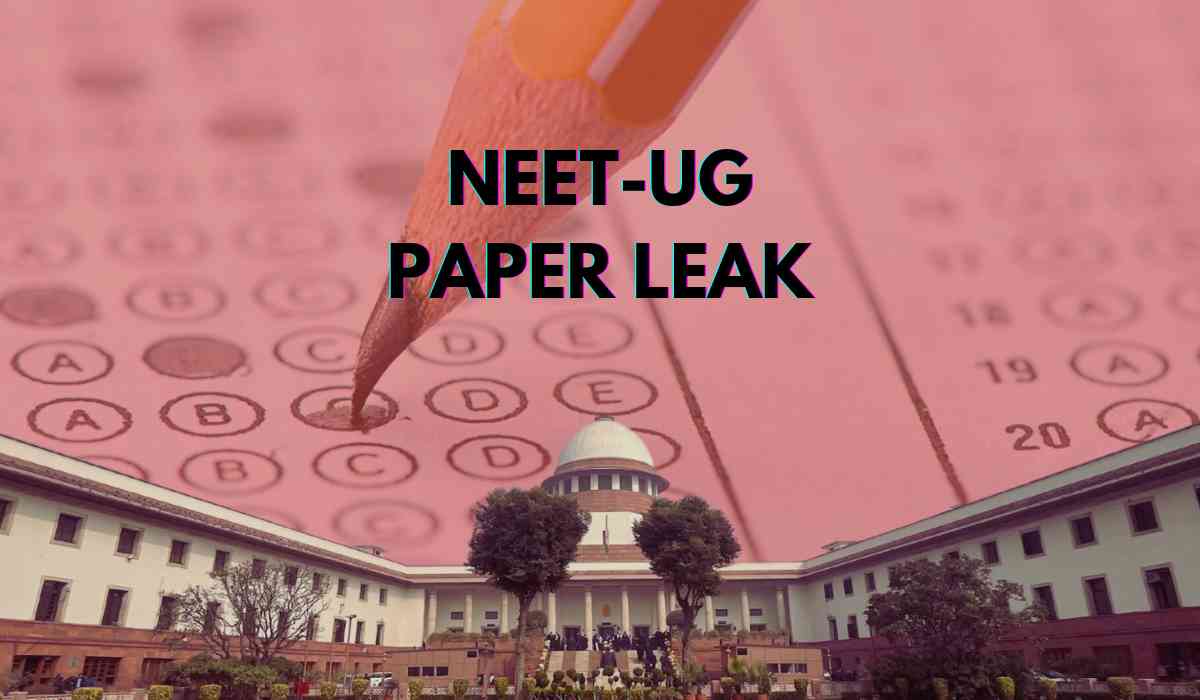The Central Bureau of Investigation (CBI) has filed its first chargesheet in the NEET-UG paper leak case. This major development comes after extensive investigations into the leak of the National Eligibility cum Entrance Test for Undergraduate courses (NEET-UG), a critical examination for medical aspirants in India. The chargesheet names 13 individuals, including four candidates, a junior engineer, and two alleged kingpins. The paper leak had triggered widespread protests and demands for a re-test, but the Supreme Court of India ruled against a re-examination, stating there was no systemic breach.
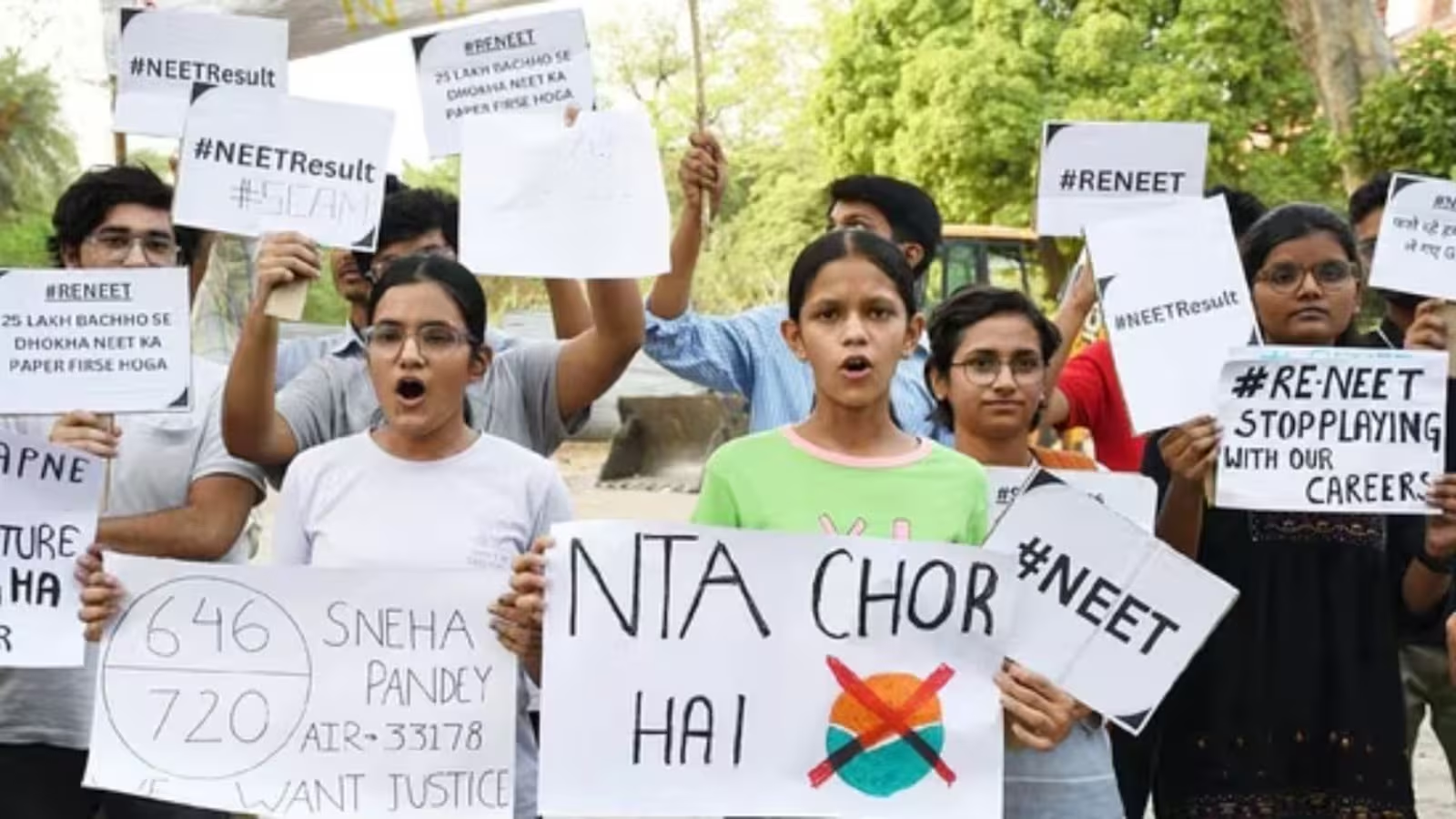
Key Details of the Chargesheet
-
Accused Individuals: The chargesheet lists 13 people involved in the paper leak. The accused include four students—Ayush Kumar, Anurag Yadav, Abhishek Kumar, and Shivnandan Kumar—along with key figures Nitish Kumar and Amit Anand, who are alleged to be the masterminds behind the operation.
-
Involvement of Parents: The CBI's investigation also revealed the involvement of some parents, who have been named in the document. The agency has indicated that further chargesheets may follow as the investigation progresses.
-
Current Status: As of now, 40 individuals have been arrested, including 15 by Bihar Police, with searches conducted at 58 locations.
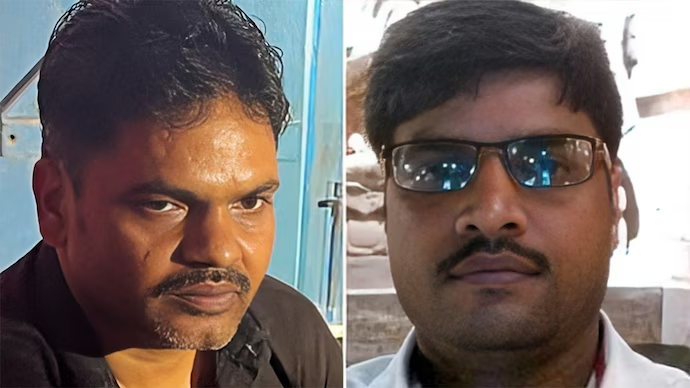
The Accused and Their Roles
-
Nitish Kumar: A resident of Gopalpur, Patna, Kumar is believed to be the main orchestrator of the leak. He was previously jailed for involvement in a Bihar Public Services (BPSC) examination paper leak.
-
Amit Anand: Residing in Mangal Bazar, Munger, Anand has admitted to the CBI that the question paper was leaked a day before the exam. He is one of the central figures in the conspiracy.
-
Sikander Yadvendu: A junior engineer from Danapur Town Council, Yadvendu, along with Kumar and Anand, played a crucial role in the conspiracy. He contacted students willing to pay for the leaked papers.
-
Roshan Kumar: An associate of Amit Anand, Roshan Kumar, was tasked with convincing candidates to buy the leaked question paper.
-
Ashutosh Kumar: Another associate living in Rajiv Nagar, Patna, who assisted in the operation.
-
Anurag Yadav: He approached the 'setters' to facilitate the leak.
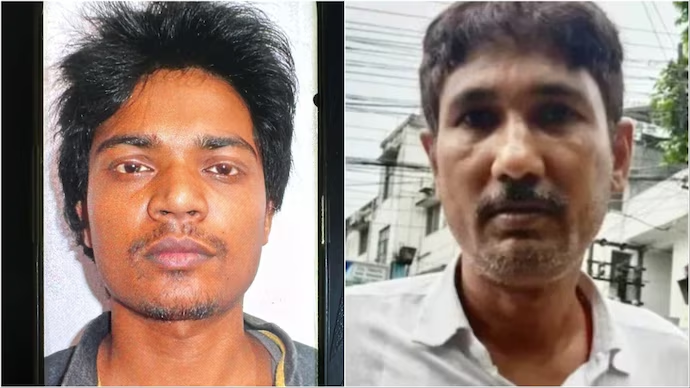
Methodology of the Leak
The chargesheet outlines how the accused executed the leak. On the night before the exam, four students were provided with the leaked question paper and instructed to memorize the answers. This operation was reportedly carried out in exchange for a substantial sum of ₹30-32 lakh per student.
The CBI employed a range of sophisticated techniques to gather evidence against the accused. These included:
-
Forensic Analysis: Utilization of advanced forensic techniques to examine digital and physical evidence.
-
Artificial Intelligence: Leveraging AI technology to analyze data and identify suspects.
-
CCTV Footage: Reviewing extensive CCTV footage to track movements and interactions.
-
Location Analysis: Analyzing mobile tower data to pinpoint the locations of the accused during critical times.
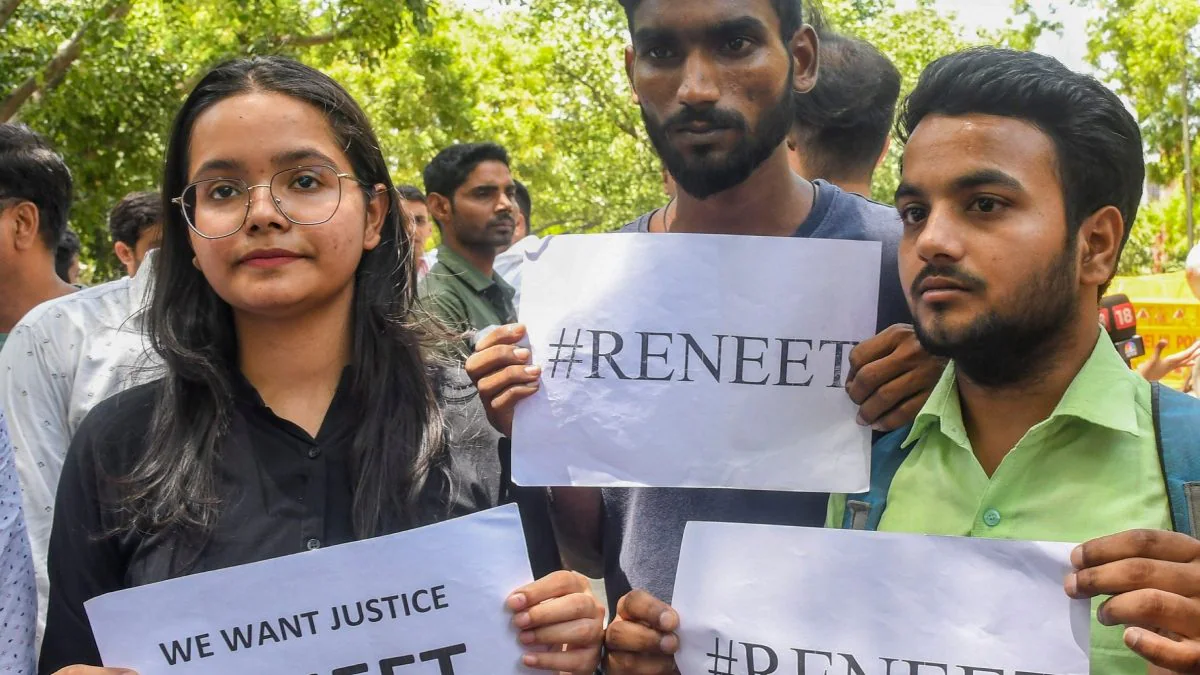
Multiple FIRs and Investigations
Since taking over the case in late June, the CBI has registered six First Information Reports (FIRs). The initial FIR from Bihar pertains to the paper leak, while others from Gujarat, Rajasthan, and Maharashtra involve impersonation and cheating. An additional FIR, based on a reference from the Union Education Ministry, calls for a comprehensive investigation into the NEET-UG 2024 irregularities.
FIRs and Geographical Spread of the Investigation
The investigation initially began with an FIR filed by Patna Police on May 5, later transferred to the CBI on June 23. The CBI has since registered six FIRs, covering various aspects of the scandal:
-
Bihar: Related to the paper leak.
-
Gujarat, Rajasthan, Maharashtra: Related to impersonation and cheating.
-
Union Education Ministry Reference: Calls for a comprehensive investigation into the NEET-UG 2024 irregularities.
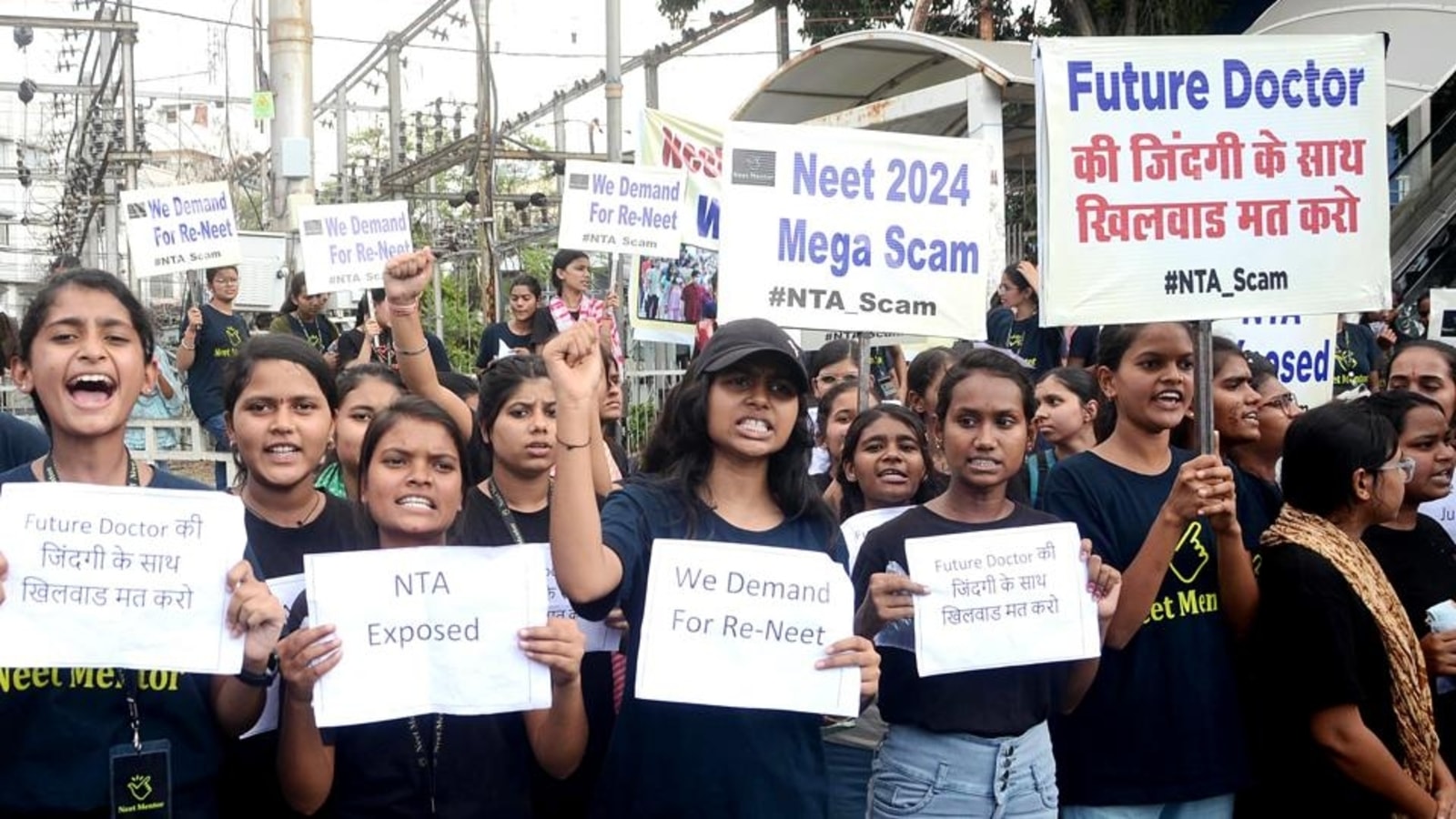
Supreme Court's Decision Against Re-Test
Amidst the controversy, the Supreme Court of India ruled against a re-test of the NEET-UG exam. Chief Justice DY Chandrachud highlighted the potential disruption a re-test could cause, affecting over 24 lakh students and delaying the admission schedule and counseling process.
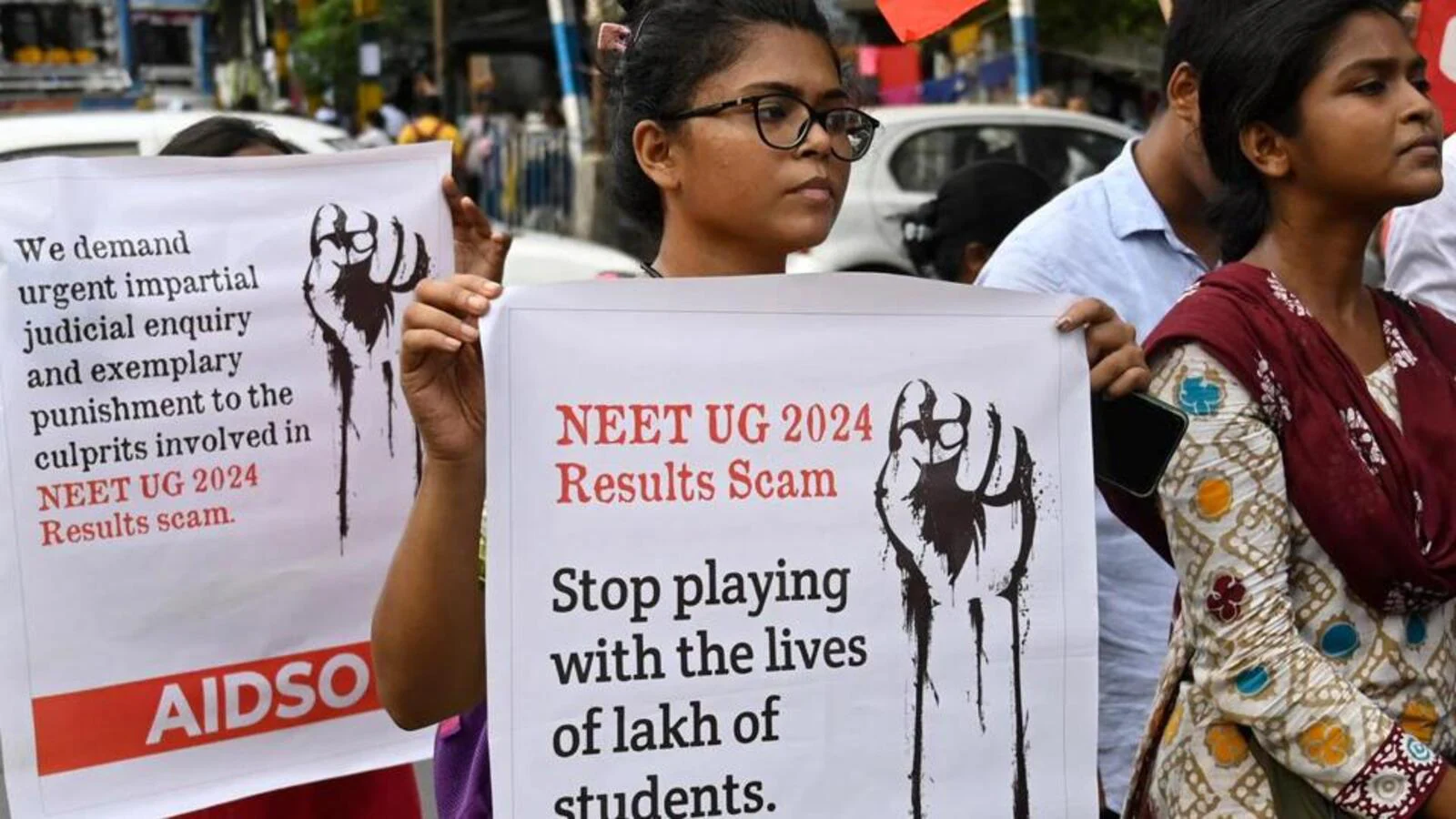
Key Updates
-
Chargesheet Filed: The CBI filed its first chargesheet, naming 13 individuals, with further chargesheets expected as investigations continue.
-
Arrests and Searches: Around 40 people have been arrested, and extensive searches have been conducted to gather evidence.
-
Use of Technology: Advanced forensic techniques, AI, CCTV footage, and location analysis were crucial in building the case.
-
Multiple FIRs: The CBI has registered six FIRs related to the case, encompassing various aspects of the irregularities.
-
Supreme Court's Ruling: The Supreme Court's decision against a re-test was based on the lack of evidence for a systemic breach and the potential impact on students.
The NEET-UG paper leak case has highlighted significant vulnerabilities in the examination system, leading to a comprehensive investigation by the CBI. The chargesheet marks a critical step in holding those responsible accountable and underscores the importance of maintaining the integrity of crucial national examinations. As the investigation continues, further developments are expected, shedding more light on the extent of the conspiracy and the individuals involved.
With inputs from agencies
Image Source: Multiple agencies
© Copyright 2024. All Rights Reserved Powered by Vygr Media.

